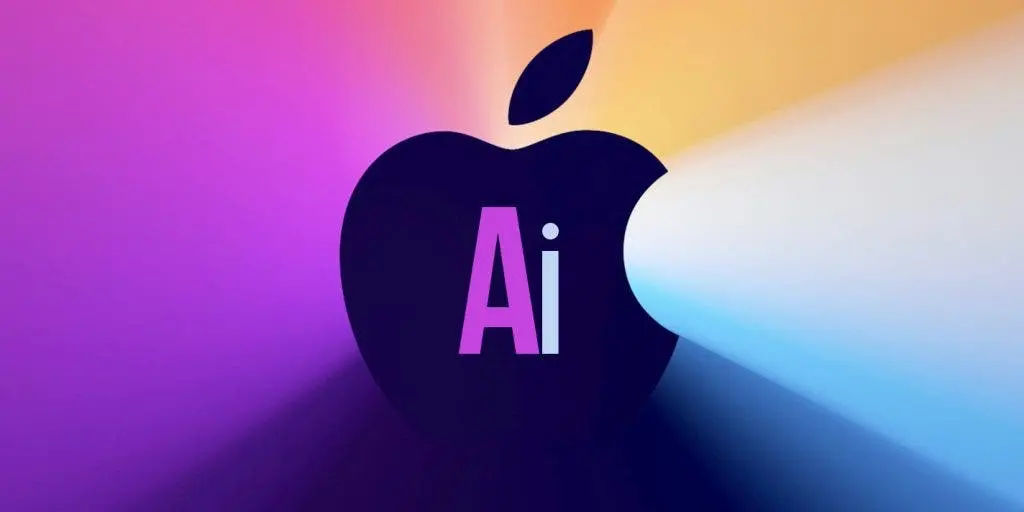In a surprising move, Apple has chosen to use Google’s Tensor Processing Units (TPUs) for training its artificial intelligence models, bypassing the industry-leading Nvidia chips. This decision, revealed in a recent research paper, showcases Apple’s unique approach to AI development and raises questions about the future of the AI hardware market. While Nvidia has dominated the AI chip sector, controlling an estimated 70% of all AI chip sales, Apple’s choice suggests that the landscape may be changing.
Apple’s decision comes at a time when Nvidia has experienced unprecedented growth, briefly becoming the world’s most valuable company in June 2024 with a market cap of $3.45 trillion. However, Apple’s snub of Nvidia’s chips could signal a shift in the industry. As more tech giants develop their own specialized AI chips and explore alternative solutions, Nvidia’s market dominance may face challenges. This move by Apple, known for its “walled garden” approach and focus on consumer products, demonstrates a strategic divergence from competitors who have heavily invested in Nvidia’s technology.
The implications of Apple’s choice extend beyond just chip preferences. It highlights the company’s unique position in the tech industry, with its vast consumer base and focus on integrating AI into everyday devices. While other companies have been racing to develop large language models and enterprise AI solutions, Apple’s approach seems more centered on practical applications for its billions of users. This strategy, coupled with its choice of Google’s TPUs, suggests that the AI landscape is diversifying, with different companies finding success through varied approaches to hardware and implementation.





